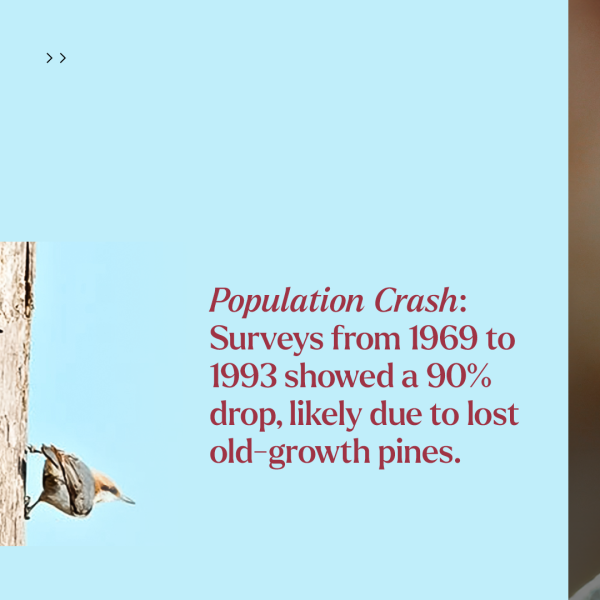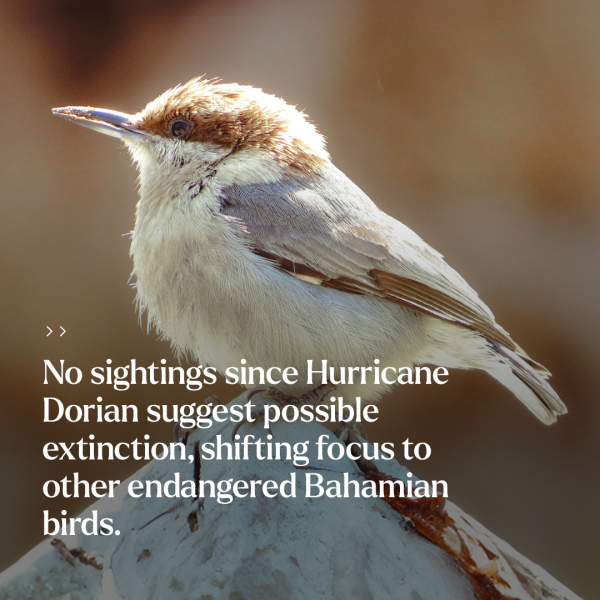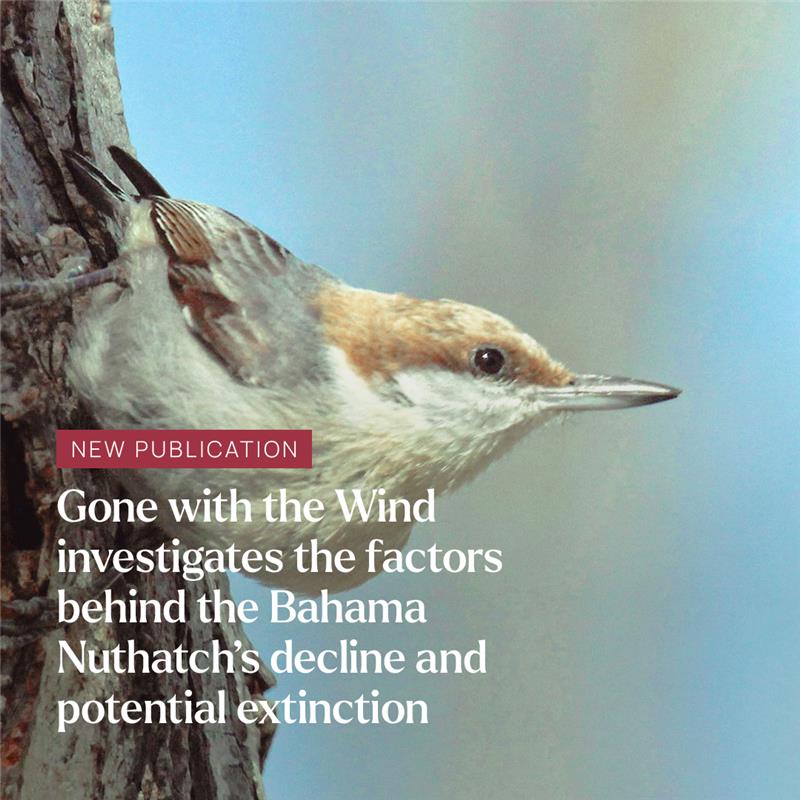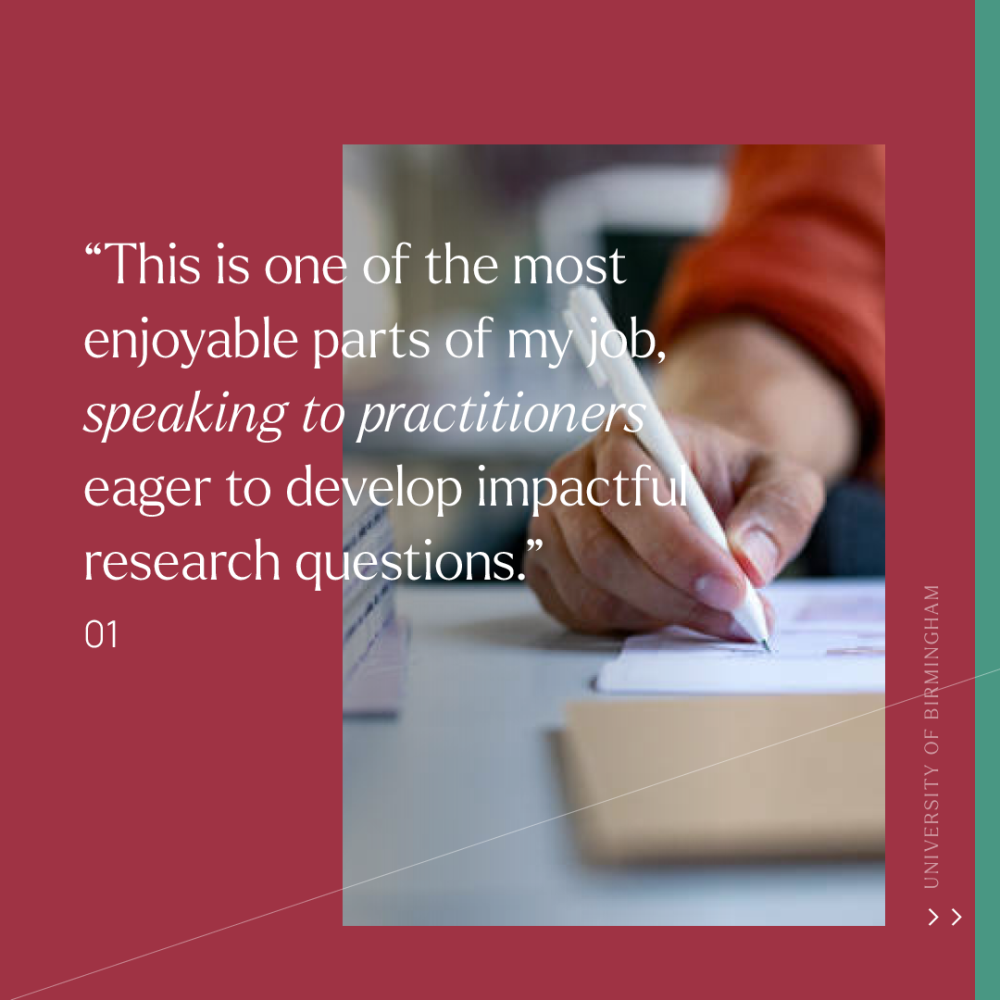The University of Birmingham wanted to coach academics within the College of Life and Environmental Sciences to more confidently post on LinkedIn, showcasing their work and that of the University.
This was a subtle way of encouraging employee advocacy on LinkedIn, as many academics transition to the channel amid X’s declining popularity.
BETTER INSIGHT
LinkedIn is also the world’s largest professional network with over 900 million users. The challenge was to encourage academics to see LinkedIn as more than a corporate job-search tool and instead see the platform as a great way to showcase their varied experience within the academic community, whether it be recent publications; collaborative projects; conference panels or just connecting with peers in their field.
The training that was to take place had to equip academics who were new or unconfident on LinkedIn, with the tools to confidently speak about their publications, academic life and the university.

PRE-WORKSHOP
The project culminated in a 2-hour workshop with academics who had signed up with the University for a bespoke training session.
To ensure we understood what the academics already understood about LinkedIn and how it may be applicable to their work, we conducted a pre-event survey. This harnessed what the attendees wanted to get out of the training session, then we built the session to answer these key themes.
The survey revealed:
- Academics wanted to post about their research; commentary within their field; their work at the University of Birmingham.
- Their pain points were posting cadence; understanding how best to make connections on the channel; understanding LinkedIn’s breadth of features and how best to post impactful content types and formats.
- They highlighted they would like to use LinkedIn to promote events, network and increase the awareness of their research.

THE WORKSHOP
The workshop then dived into the background of the LinkedIn platform capabilities and its benefits before looking at content in practice.
Select attendees were identified ahead of time to provide real-world examples of how to improve existing academic posts on their profiles by transforming the content in a social-first way.
By touching on best-practice formulas for social-first static, video and text content on the channel, this training aimed to get academics experimenting with the formats by which they post on the channel.
Q&A touch points featured throughout the session to make the workshop interactive and help tailor the advice given to the academics’ specific questions.
These Q&As were then used to tailor the training deck further to provide the University of Birmingham with a bespoke Playbook which delved deeper into any topics that came up on the call.
The session was also recorded to increase the reach of the training after the event.

